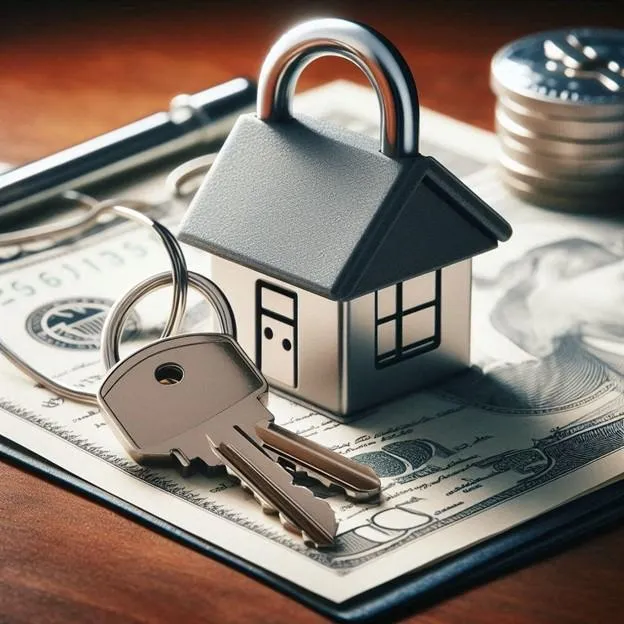Read Our Latest Blogs
Stay Up-to-Date on the Latest Cybersecurity Trends and Best Practices with Our Informative Blog Posts

Cybersecurity for Real Estate: Protecting Property Transactions
In the fast-paced world of real estate, property transactions involve a considerable amount of sensitive information. With the increasing reliance on digital tools and online platforms, protecting this information has become more crucial than ever. Cybersecurity is essential to safeguarding property transactions and ensuring the integrity of real estate deals.
What Is Cybersecurity in Real Estate?
Cybersecurity in real estate involves protecting the digital assets and sensitive information related to property transactions. This includes safeguarding personal information, financial details, and transactional data from unauthorized access, theft, and cyberattacks.
Common Cybersecurity Threats in Real Estate:
Real estate professionals face several cybersecurity threats, including:
- Phishing Scams: Fraudulent emails or messages that trick individuals into revealing confidential information.
- Ransomware Attacks: Malicious software that encrypts data and demands payment for its release.
- Data Breaches: Unauthorized access to sensitive data, such as client information and transaction details.
- Social Engineering: Manipulative tactics used to exploit human psychology and gain access to confidential information.
How Cybersecurity Enhances Property Transactions:
Implementing robust cybersecurity measures in real estate can offer several benefits:
- Protecting Client Data: Ensures that sensitive client information, such as social security numbers and financial details, remains secure.
- Maintaining Transaction Integrity: Prevents tampering or fraudulent activities that could disrupt or invalidate property transactions.
- Building Trust: Demonstrates commitment to protecting clients' personal and financial information, enhancing trust and reputation.
- Compliance with Regulations: Helps in adhering to industry regulations and standards related to data protection and privacy.
Best Practices for Securing Property Transactions:
To safeguard property transactions, real estate professionals should consider the following best practices:
- Use Secure Communication Channels: Opt for encrypted emails and secure messaging platforms to share sensitive information.
- Implement Strong Authentication Methods: Utilize multi-factor authentication to enhance security for online accounts and systems.
- Educate and Train Staff: Provide regular training on cybersecurity awareness and best practices to prevent human errors.
- Regularly Update Systems: Ensure that all software and systems are up-to-date with the latest security patches and updates.
- Monitor for Suspicious Activity: Implement monitoring tools to detect and respond to unusual or suspicious activity promptly.
In the real estate industry, where sensitive information and substantial financial transactions are at stake, cybersecurity is essential. By adopting proactive security measures and best practices, real estate professionals can protect property transactions, build client trust, and maintain the integrity of their operations.
Ensure your real estate transactions are secure! Discover how our cybersecurity solutions can help protect your property deals and safeguard client information.

Hear What Our Clients Say
Real-World Results: Hear from Our Clients About the Value of Our Cybersecurity Expertise

George Owens

As technology continues to advance, so must our cybersecurity practices to stay ahead of the game."

Max Tanner

The rapid digital transformation of various industries has made cybersecurity a critical aspect of daily operations, and it's reassuring to know that there are experts and technologies available to help mitigate risks and safeguard against potential attacks

Kim Wexler

It's essential for individuals and businesses to prioritize cybersecurity to protect sensitive data and maintain business continuity.

Billy Jackson

As someone who understands the importance of data security, I appreciate the emphasis on cybersecurity in today's digital landscape. With cyber threats becoming increasingly sophisticated and frequent.


Copyright © 2024 Cybersecurity Advisors | Managed IT Services, IT Consulting and Cybersecurity
letstalk@cybersecurityadvisors.io
801-438-6690
